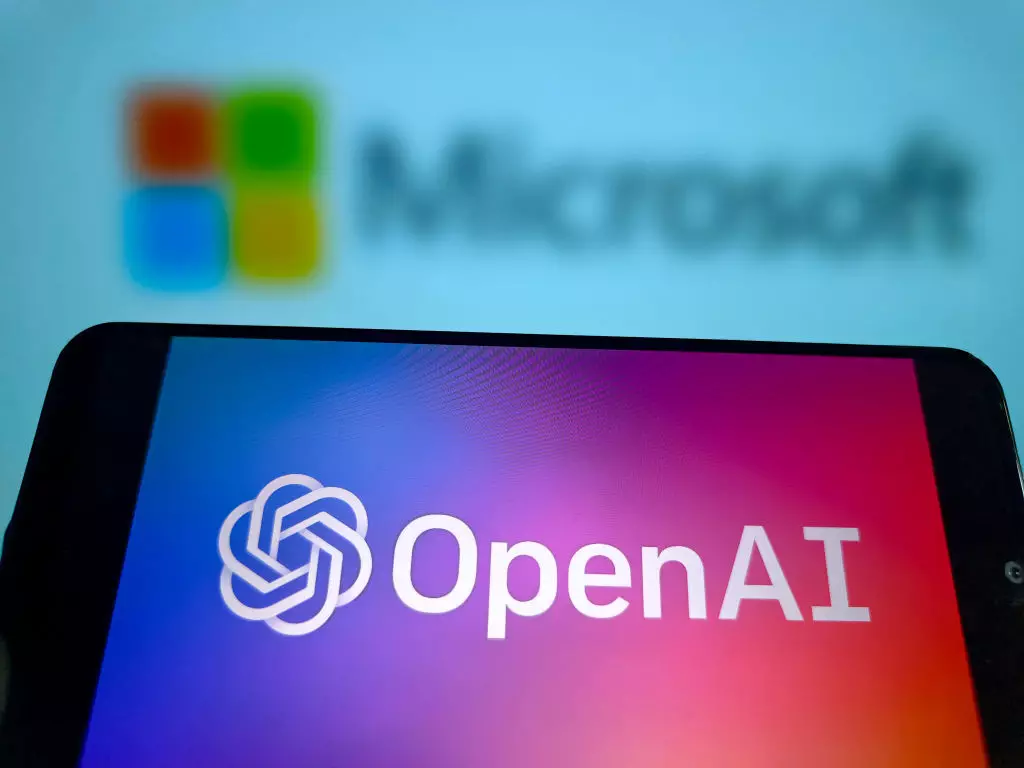Recent communications from OpenAI regarding the anticipated release of its model, code-named Orion, have sparked significant discussion in the tech industry. Following reports from The Verge indicating that Orion, an advancement on their current flagship model GPT-4o, was due for launch by December, OpenAI has disputed these claims. A spokesperson for the company clarified their position to TechCrunch, stating definitively, “We don’t have plans to release a model code-named Orion this year.” This denial raises questions not only about the future of Orion but also about OpenAI’s strategic direction as they move toward launching new technologies.
While the spokesperson emphasized that OpenAI would introduce a variety of other innovations, the ambiguity surrounding Oracle’s release has led to speculation. The Verge’s initial report suggested that partners, particularly Microsoft—an integral investor and collaborator—would be at the forefront in accessing the model prior to its widespread rollout. This potential for selective access adds an interesting dynamic to the typical public release model, opening avenues for specialized partnerships but also possibly creating exclusivity that could be perceived unfavorably.
OpenAI’s assertion that The Verge’s timeline was inaccurate could mean several things. It might imply that while something new is on the horizon, it won’t be Orion or could be a less advanced iteration of what was originally anticipated. The lack of specific details points to a broader issue in the AI community, grappling with secrecy versus transparency. As users and investors crave certainty, OpenAI’s decision to withhold comprehension of their timeline indicates a calculated risk aimed at maintaining control over information.
The progression beyond established models such as GPT-4o involves the incorporation of diverse training datasets, including synthetic data from the reasoning model known as o1. By blending these aspects, OpenAI presents a paradigm where different models can serve unique applications more effectively. This approach to model development echoes a significant trend in AI: the recognition that one-size-fits-all solutions might not suffice. Instead, OpenAI is poised to cater to distinct user needs through tailored capabilities, even if that means delaying a much-anticipated release.
Uncertainty in the Future Market
Challenges arise as variability in the launch timeline can lead to unforeseen speculation among stakeholders, analysts, and enthusiasts. The uncertainty brings into focus an essential element of the tech industry’s fast-paced environment; the timing of releases can directly influence market dynamics and technological adoption. As we await further clarity from OpenAI, the tech community must navigate this ambiguity, balancing hope for innovation with the reality of corporate strategy.
While the postponement of Orion’s launch may be disappointing for some, it reflects a broader trend in the AI landscape that prioritizes thoughtful development over rushed deployments. The road ahead for OpenAI remains laden with potential, and as they continue to pave the way for new advancements, understanding their strategic choices will be crucial for those invested in the field of artificial intelligence.

